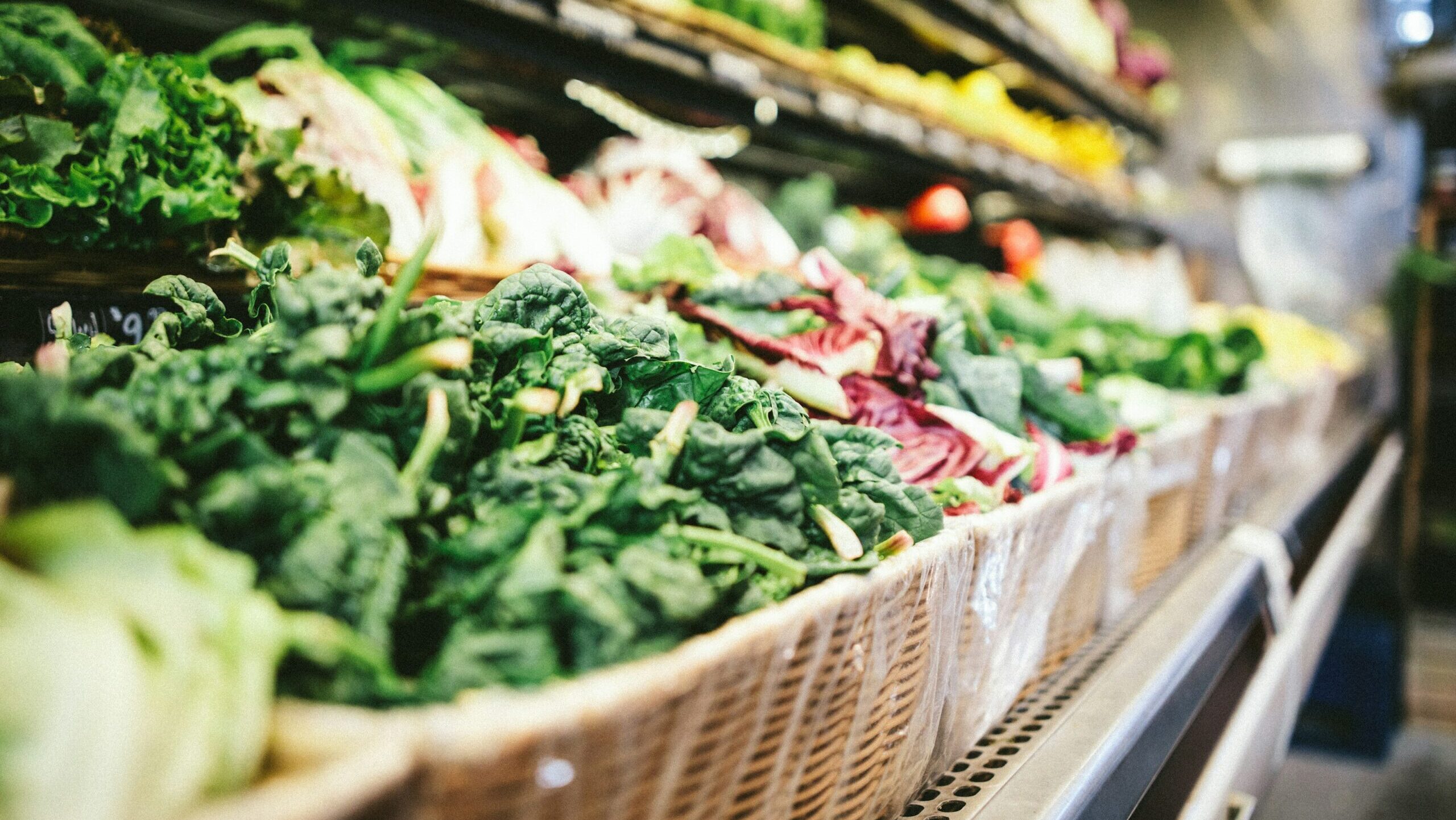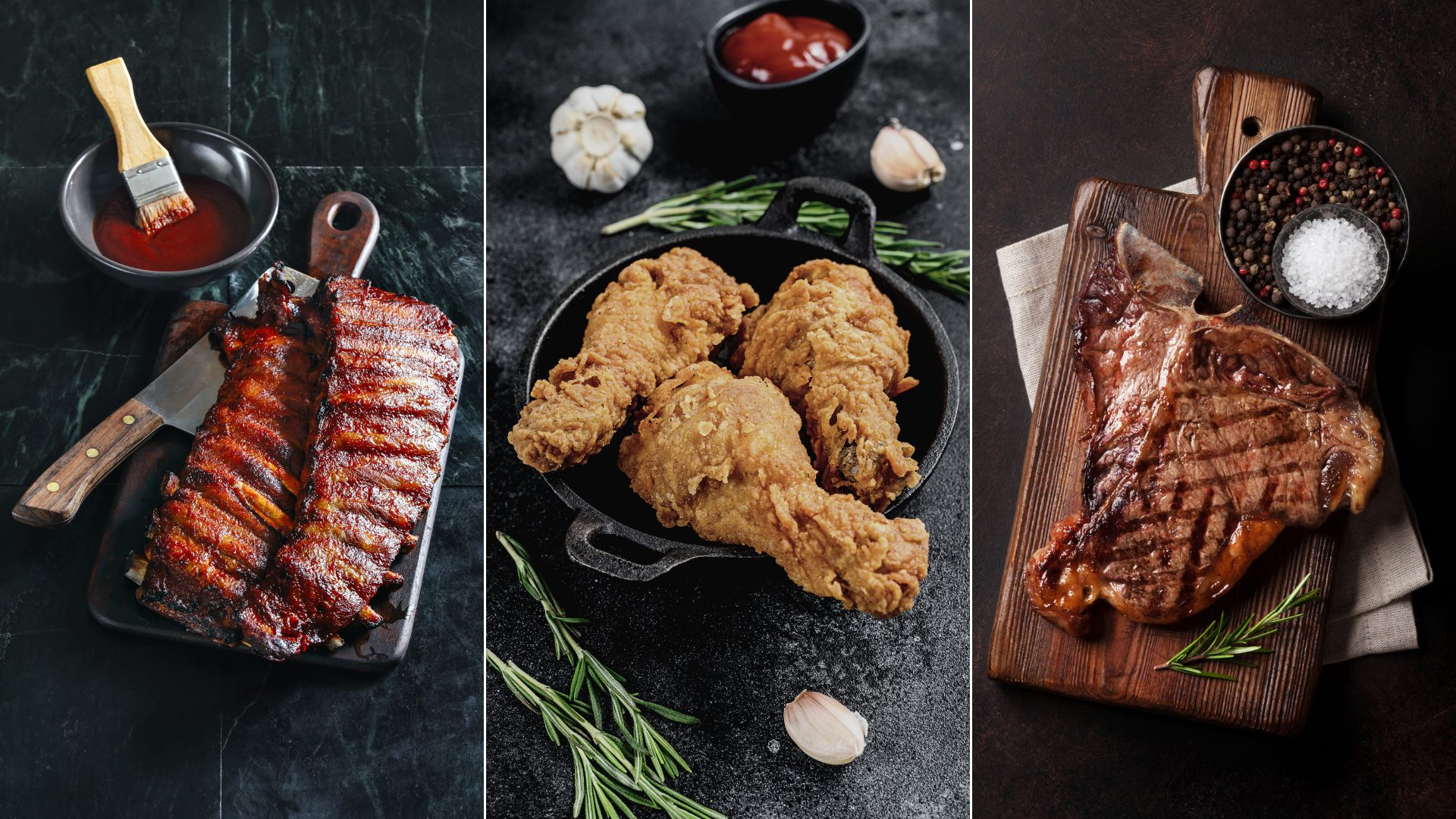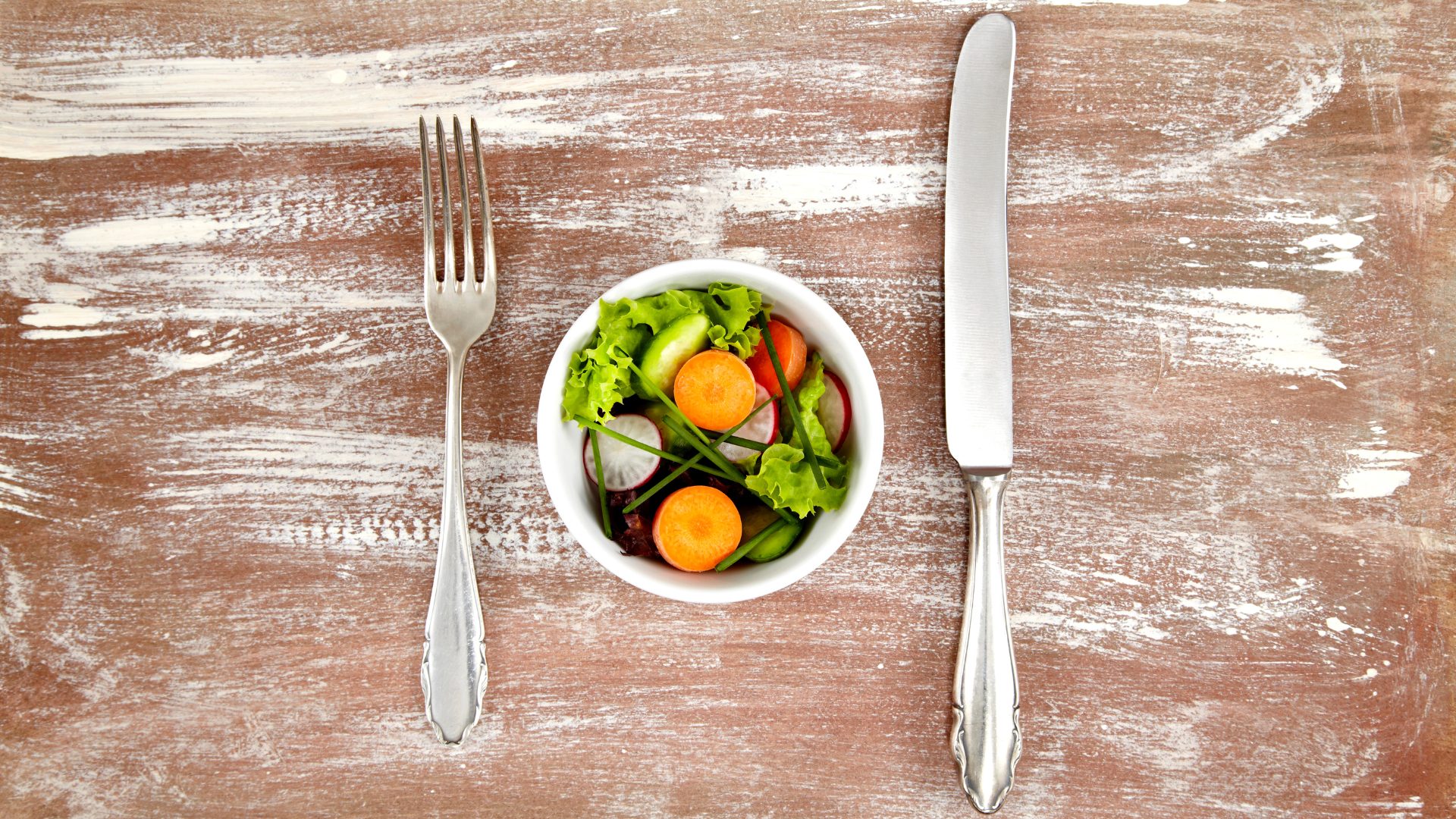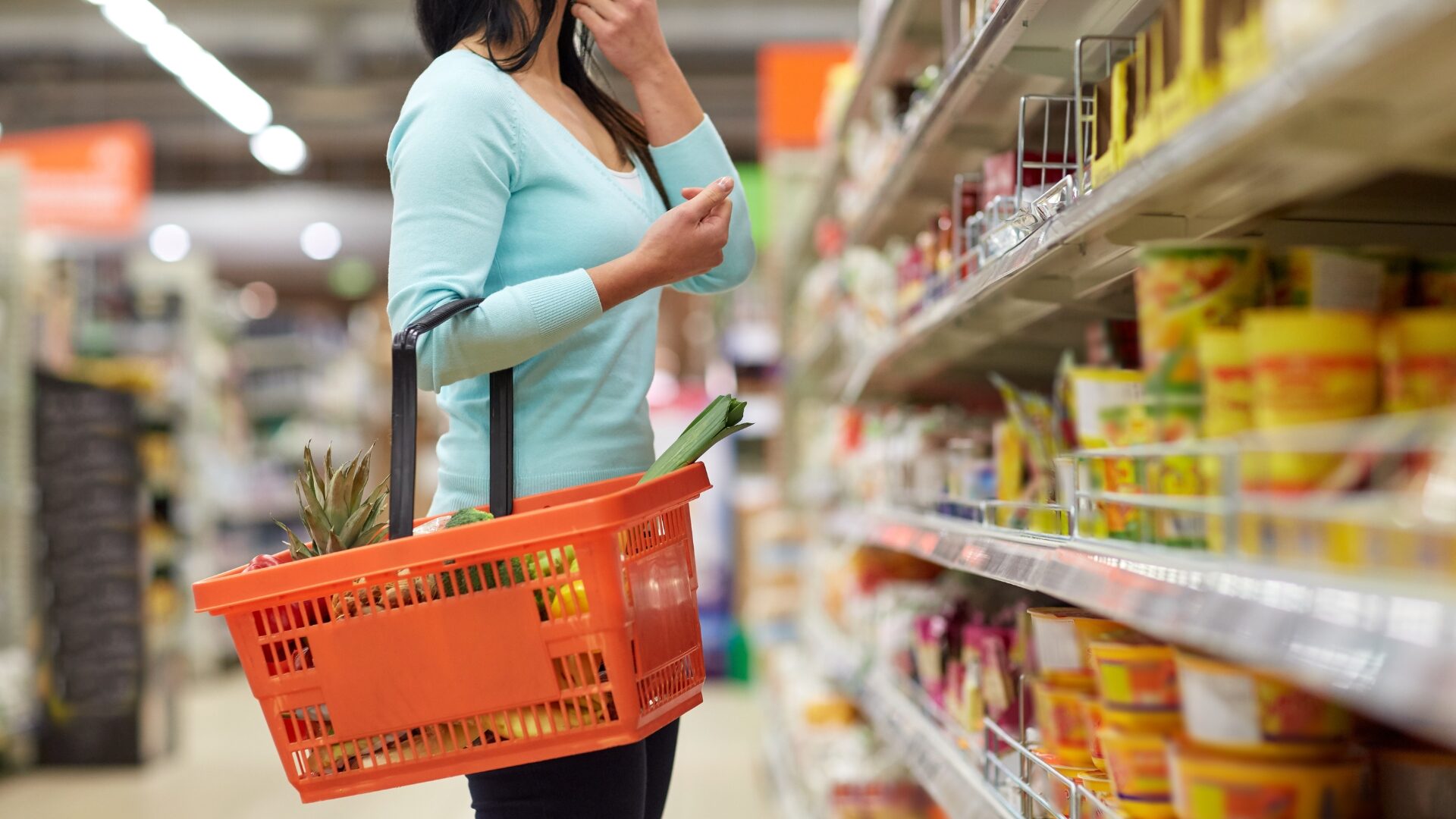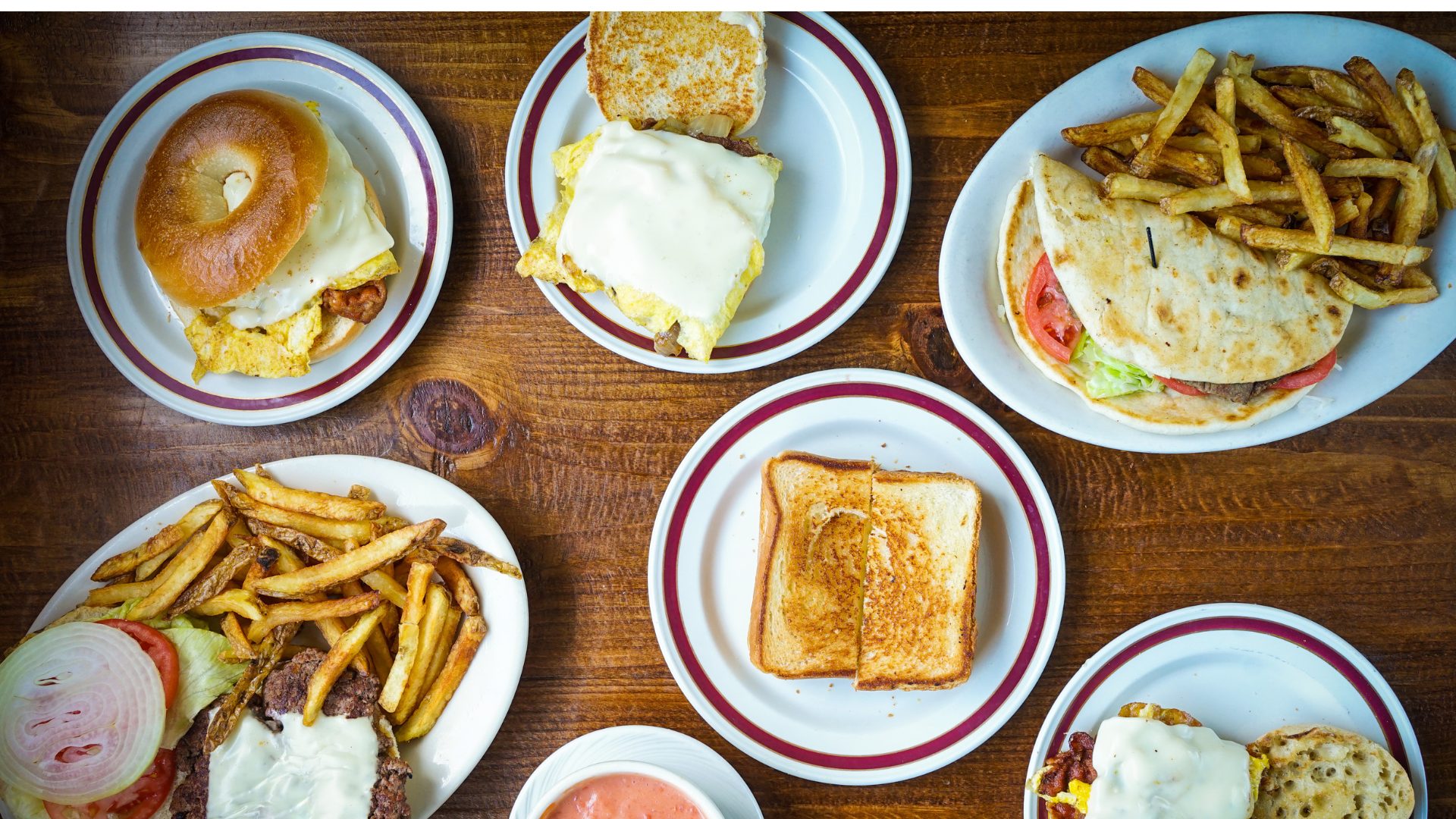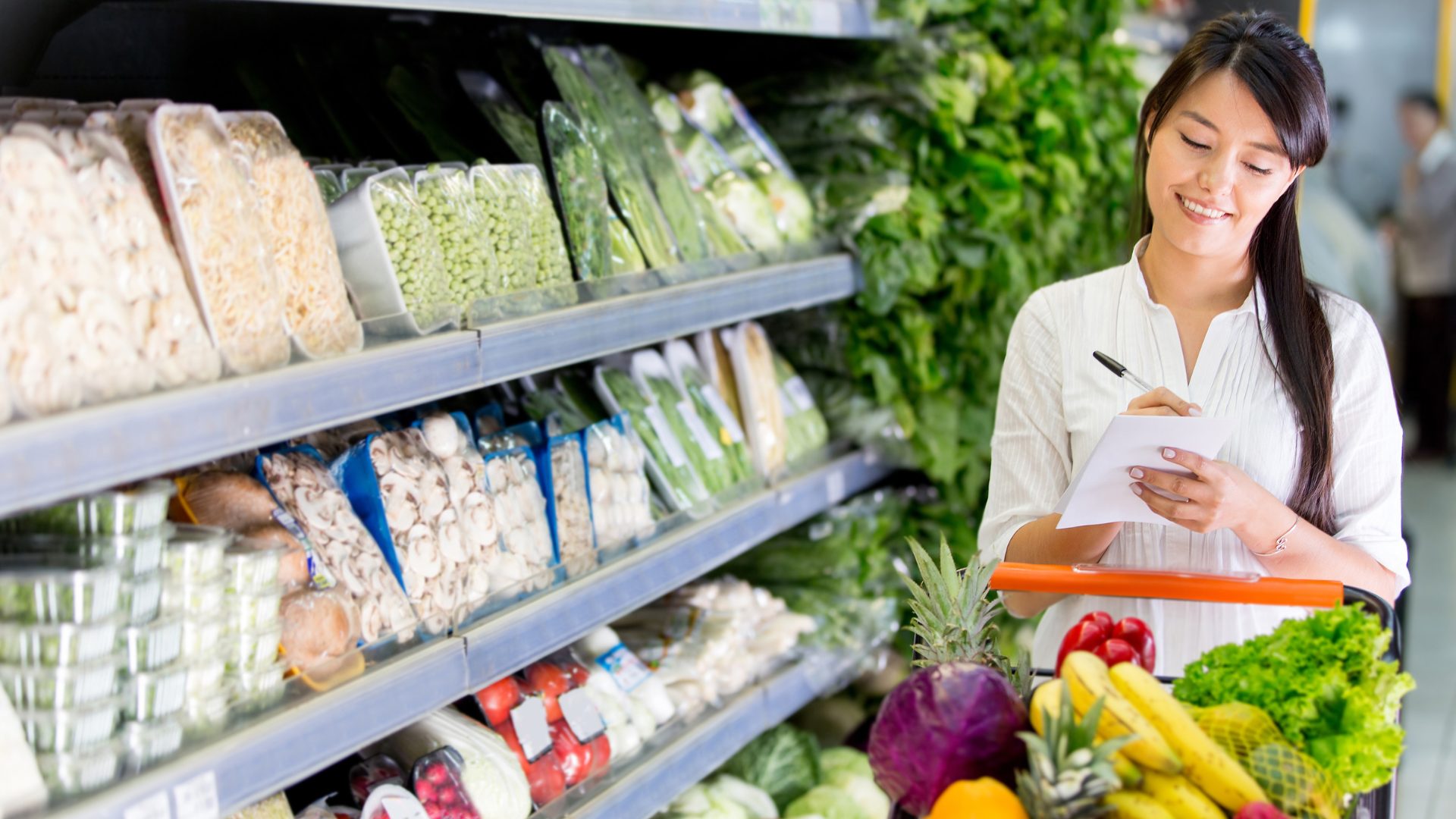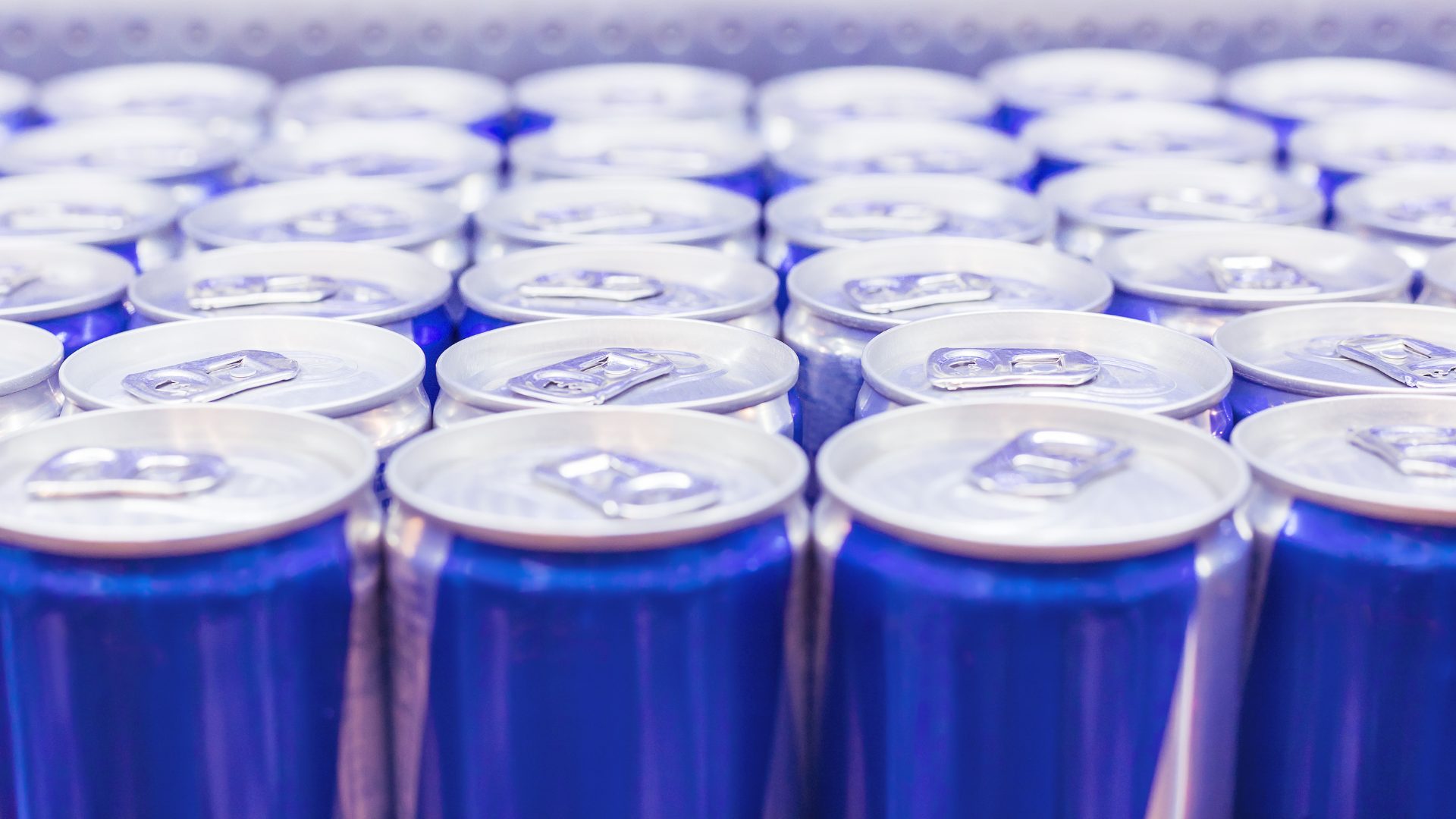Competition is heating up as the produce department evolves into a more experiential branded space. More producers are dressing up their fruits and veggies to woo online shoppers, tout attributes, and leverage storytelling.
“Packaging provides a canvas for brands to relay their messages,” said Anne-Marie Roerink, president of 210 Analytics. “Bulk displays have shrunk and more of the produce is packaged. The share of fixed-weight produce has increased from 53% of produce sales in 2018 to 62% last year.”
Per Circana, volume sales for branded produce also reflect noteworthy pockets of growth.
This movement comes amidst a generally strong year for fresh produce. Per 210 Analytics analysis of Circana data, unit sales increased 3% and volume in pounds increased 3.8% in the 52-weeks ending 12/21/2023, pointing to a bit of a shift to larger pack sizes.
Why More Producers are Turning to Packaging
Production attributes such as organic are a key reason why more brands are wrapping up their fruits and veggies, as are value-added items like salad kits, which can either be store brands or grower/shipper brands.
“This is a definite growth opportunity,” Roerink said. “In items like salad kits, people tend to equate the brand with the eating experience, whether they like the dressing, the mix of items, the croutons, etcetera. In organic or other production attributes, it’s often the product itself as much as the shared values with the brand.”
Hunter Thurman of Alpha Diver echoes this sentiment, noting that shoppers continue to favor not just practical products, but experiences.
Thurman presents a few hypothetical scenarios that reflect what a typical produce shopper might be thinking as they cruise the aisles:
“I’ve had a million salads – but microgreens? That sounds like a new experience! Clementines sound like a kind of fruit. ‘Cuties’ sound like something my kids and I would enjoy.”
‘Glow Ups’ and other Packaging Innovations
Innovation is also driving a more branded look in the produce department.
“We’ve seen the emergence of items specifically focused on kids, such as smaller apples hand-in-hand with cartoony figures or kid-focused information,” said Roerink, adding that the tangerine segment was one of the originally branded commodities. “New items such as the pinkglow are [also] supported by substantial marketing and brand messaging.”
Furthermore, The Wall Street Journal reported that many farmers and produce companies are racing to “glow up” their produce packaging as more consumers shell out for food brands that say something about their lifestyles and tastes.
As shoppers continue to stretch their dollars, the Alpha Diver database indicates that they will choose things that help them discover new experiences, bond with their family, and otherwise help themselves feel good.
“Brands that deliver these emotionally driven experiences will almost always win over commoditized products, even in the more functional produce space,” Thurman added. “Savvy marketers know that people don’t buy “what it IS” – they buy “what it DOES.”
Fruit and Vegetable Branding Challenges
While branding produce seems like a win-win, rising environmental concerns such as the food industry’s massive plastic output create a bit of a conundrum for producers and consumers.
Less and/or more sustainable packaging is preferable for many consumers. As Roerink notes, however, they also recognize that packaged produce has useful functions, such as keeping items fresh longer and simplifying orders online and ringing out at self-checkouts.
This dilemma continues to drive environmentally friendly packaging innovation.
“It’s a constant balancing act between the functional benefits of packaging versus minimizing packaging waste,” said Roerink, adding that the influence of sustainability will gear up further as younger generations represent more of the produce dollar. “This too will influence brand messaging on packaging.”
The Food Institute Podcast
How does one jump from aerospace engineering into plant-based chicken nugget production? That’s exactly the leap that Christie Lagally, CEO & Founder of Rebellyous Foods, took in search of producing a healthier chicken nugget. Learn more about her company’s focus on animal welfare, environmental sustainability, and human health in this episode of The Food Institute Podcast.


